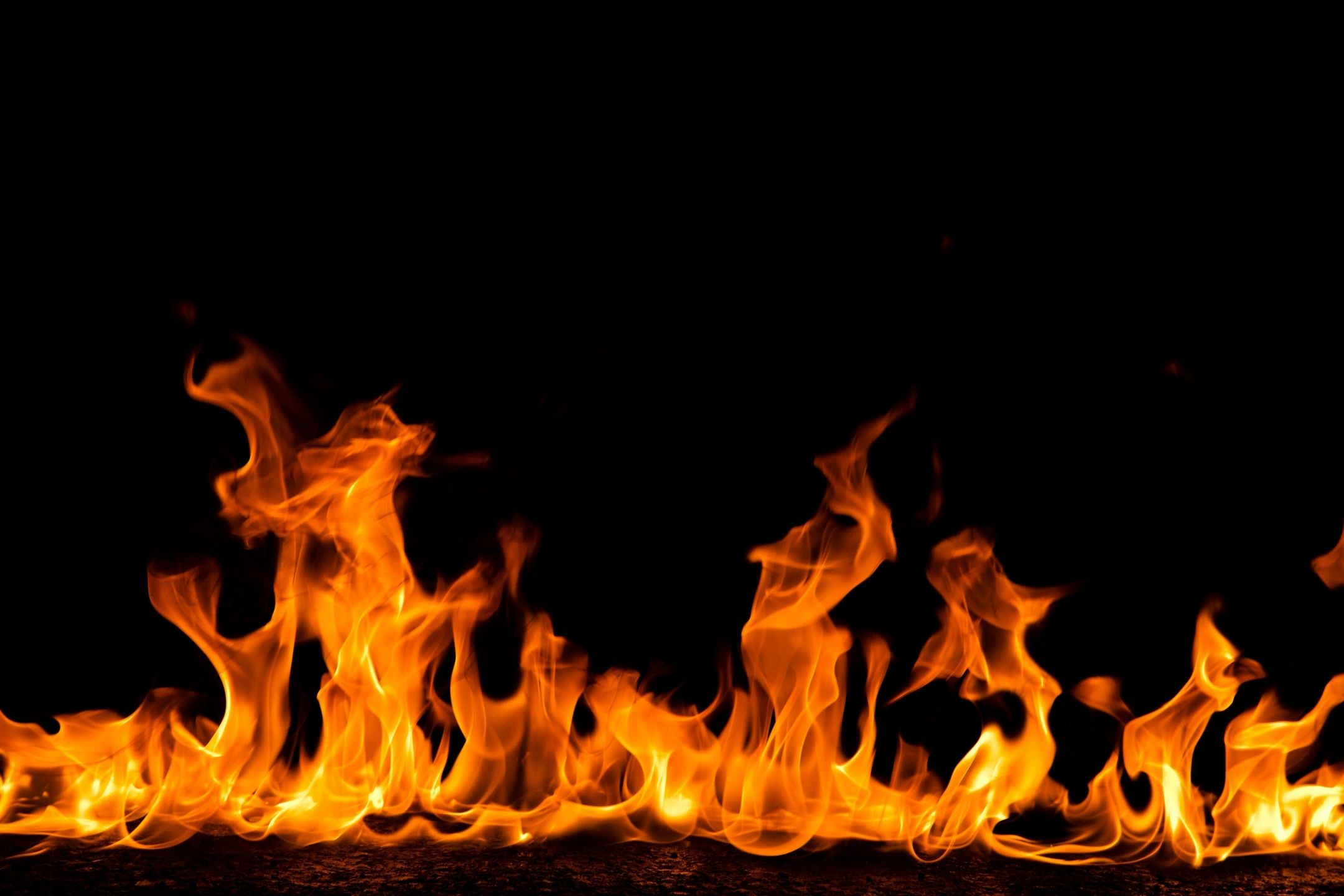Pope Francis, Known for His Reforms and Historic Apology to Indigenous People, Dies at 88
Pope Francis, who changed how people saw the Catholic Church and made history by apologizing to Indigenous Canadians for abuse at residential schools, has died at age 88.
Francis was often called the “people’s Pope” because of his simple lifestyle and friendly nature. However, some critics say his push to make the Church more welcoming created more tension between conservative and liberal Catholics.
After his death, church bells rang throughout Rome. Cardinal Kevin Farrell, speaking from the chapel where Francis lived, announced:
“At 7:35 this morning, the Bishop of Rome, Francis, returned to the home of the Father. His life was devoted to serving God and the Church.”
Francis had been dealing with health problems, especially lung issues. He had part of one lung removed when he was younger and had suffered from bronchitis and pneumonia in the months before his death.
Just one day before he died, Francis made a final public appearance on Easter Sunday. He gave a blessing to thousands in St. Peter’s Square and surprised the crowd with a ride in the popemobile. He also met briefly with U.S. Vice President JD Vance.
A Legacy in Canada
Francis is remembered in Canada for making a long-awaited apology to Indigenous peoples. In 2022, he apologized first in Rome, then traveled to Canada to repeat it in person, despite his poor health.
He visited Maskwacis, Alberta, the site of a former residential school, and told survivors he was deeply sorry for the ways Christians supported colonization and oppression.
“I am deeply sorry,” he said, speaking in Spanish. The message was met with applause from survivors and their families.
Phil Fontaine, a former national chief and residential school survivor, called it “a momentous occasion.” He said, “Without an apology, it would be impossible to forgive. And without forgiveness, there can’t be any true healing.”
Some felt Francis didn’t go far enough, but he later admitted that what happened at the schools was a form of genocide. The Vatican also rejected the Doctrine of Discovery in 2023, which had once been used to justify taking Indigenous land.
A Different Kind of Pope
Francis became pope on March 13, 2013, after Pope Benedict XVI resigned. He was the first Jesuit pope, the first from the Americas, and the first non-European pope in over 1,000 years.
From the beginning, he chose simple clothing and refused many of the fancy traditions of past popes. He believed the Church should be close to the people and serve those in need. As a cardinal, he even held masses on the street for the homeless and former sex workers.
He spoke out about important issues like poverty, the environment, and welcoming people of all backgrounds. He said the Church should not focus only on rules, but on love and inclusion. In 2013, Time Magazine named him “the people’s Pope.”
Francis named himself after St. Francis of Assisi, who cared for the poor and nature. He often invited homeless people to eat at the Vatican and said, “My people are poor, and I am one of them.”
Born Jorge Mario Bergoglio in Buenos Aires, Argentina, on December 17, 1936, he was the oldest of five children. He became a priest in 1969, the archbishop of Buenos Aires in 1998, and a cardinal in 2001.
A Mixed Legacy
Francis’s efforts to change the Church were praised by many, but others thought he went too far. Some conservative leaders were removed from their roles after disagreeing with him. In 2023, Francis said that some parts of the Church, especially in the U.S., were too focused on the past.
That same year, he led a big Church meeting, called a synod, and for the first time allowed women and laypeople to vote along with bishops. He said the Church must welcome “everyone, everyone, everyone.”
But not everyone agreed. American Cardinal Raymond Burke, a strong critic, said the pope was pushing a political agenda.
Still, many believe Francis changed the Catholic Church forever—by opening its doors wider and trying to make it more welcoming to all.



